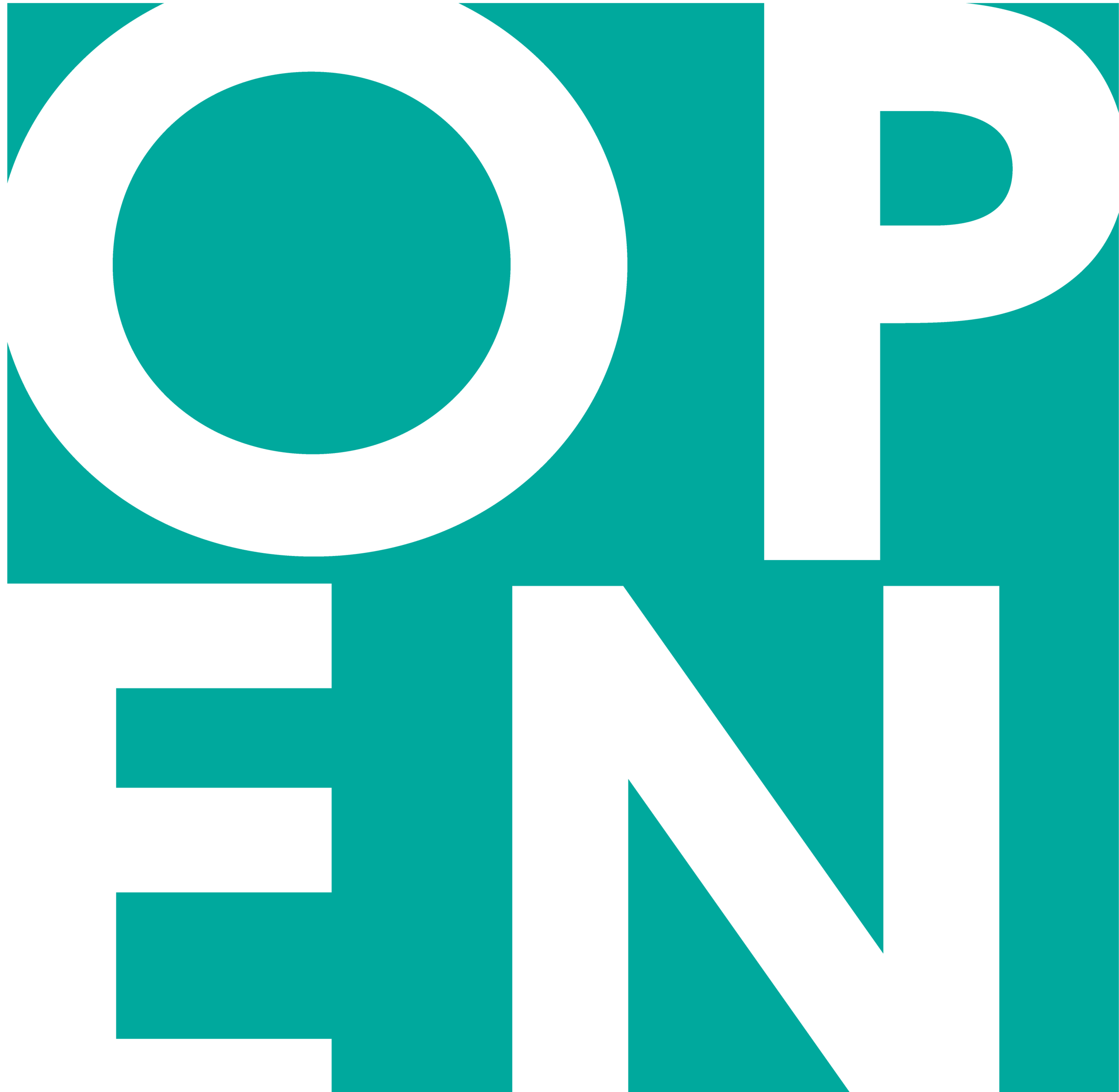Emotional Practices
How do we emotionally situate ourselves in our work – and when we respond to the work of others?
How do we emotionally exchange knowledge?
How do we emotionally understand relational praxis?
How, by prioritising sensory and emotional practices, can we create transformational art and design praxis?
EMOTIONAL PRACTICES
Welcome to EMOTIONAL PRACTICES, the launch show in OPEN’s new online gallery, an innovative curatorial research initiative incubated at the Royal College of Art, London. Please click on the hyperlink phrases or on the link above on a laptop or desktop computer (only!) to visit the show.
WHAT IS EMOTIONAL PRACTICES?
EMOTIONAL PRACTICES is a new exhibition about:
how emotions shape our work
how we as artists position ourselves emotionally in our work
how our emotional work transcends orthodox practices
The purpose of the show is to draw on cutting edge decolonial thinking to privilege emotions as a critical lens of enquiry into subjectivity and our world views, experiences, feelings and lexicons.
WHY IS EMOTIONAL PRACTICES SIGNIFICANT?
The show prototypes emotional relationships between artists and online gallery visitors using decolonial lenses of reception and interpretation. EMOTIONAL PRACTICES explores, in style, format and content, emotional inter-relationality to critically evaluate ideas of the margins and silenced histories.
The gallery is a test-case in what decolonial curatorial diversity and inclusivity can look like; the design pivots critically around ideas of otherness and otherwise.
This project considers the potential of decolonial curating with awareness to personal, social and cognitive justice.
WHAT WAS THE CURATORIAL METHODOLOGY?
The exhibition showcases work by 24 artists from different backgrounds and across media. All artists were encouraged to focus on sensory and emotional practices and explore the potential of these themes as transformational.
The artists were chosen in response to a call that asked:
How do we emotionally situate ourselves in our work and when we respond to others' work?
How do we emotionally exchange knowledge?
How do we emotionally understand relational praxis?
How, by prioritising sensory and emotional practices, can we create transformational art and design praxis?
In our gallery we break down hierarchies including the traditional power dynamics of space; instead we use the rhizomatic openness facilitated by the digital to explore ideas of positionality and indigenous histories.
A NOTE ON SELF-REFLEXIVE LIMITATIONS
As a prototype show, EMOTIONAL PRACTICES was created within a number of funding and technical parameters. We acknowledge the following, and encourage visitors to feed back through rca.thisisopen@gmail.com on further limitations that may have fallen within our own blind spots:
The code and format underpinning Webflow - the platform used to build the EMOTIONAL PRACTICES website - contains its own biases that we have had to work with, rather than actively counter in our work;
We feature our OPEN logo and details prominently on the front page, but we appreciate that foregrounding our voice in this way might run counter to a non-hierarchical model that seeks to prioritise the artist rather than the curator;
Owing to team skill and time capacity, we could only offer a limited number of artists an individual page, built through one-on-one work with our curators. Artists that were not offered this opportunity can be found on the portfolio page. The decision as to which artists received their own space was informed by how closely artists’ work interacted with our own research questions and objectives, and the technical ability of our team to translate artists’ visions into a webpage. However we acknowledge that ideally all artists would have a tailored page that allows users to interact uniquely with their work.
Please visit us, leave comments, follow us on Twitter (@RCA_ThisIsOPEN) and share with your friends and communities. We look forward to sharing our project with you.

